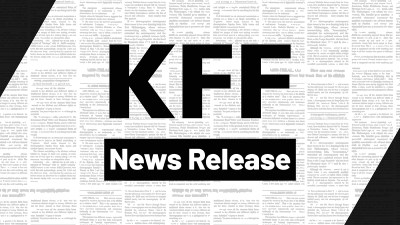 Explainer: How States Are Using Medicaid Waivers to Help Incarcerated Individuals Get Care and Transition Back into Their Communities
News Release
Explainer: How States Are Using Medicaid Waivers to Help Incarcerated Individuals Get Care and Transition Back into Their Communities
News Release
Compared to the general population, individuals who are incarcerated have higher rates of mental illness, substance use disorder, and chronic disease. However, the federal “inmate exclusion” policy prohibits Medicaid coverage for people who are incarcerated (except for limited inpatient hospital services). When people leave incarceration, they are at greater risk…